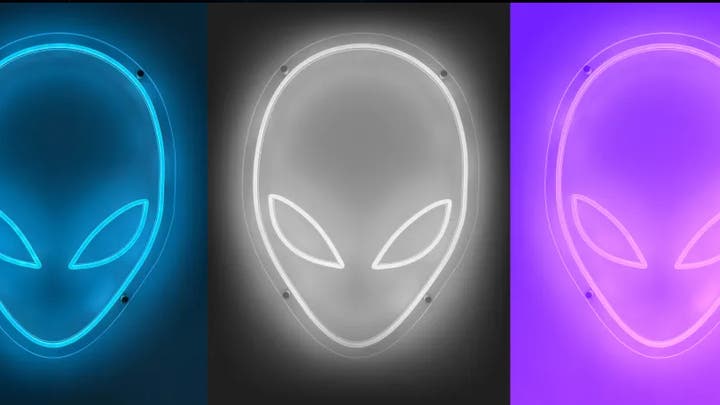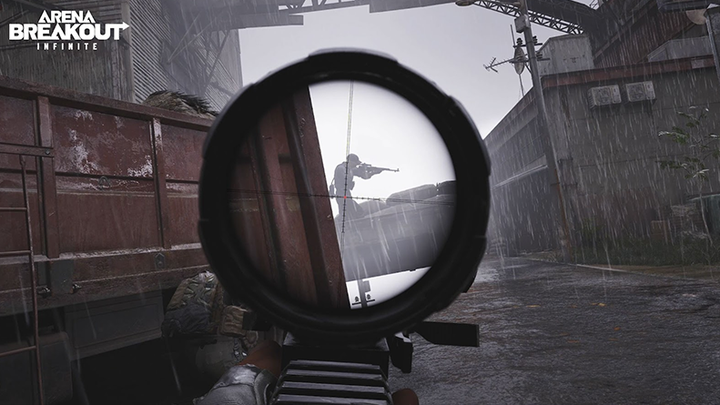Is the RTX 2080 Worth It?
Price to Performance Upgrade, Yay or Nay?
Gamer's Nexus Conclusions
This is a excerpt of the Gamer's Nexus review, for the full review please use the link above.
No -- not yet.
The card is fine, and what nVidia is trying to do is commendable and, we think, an eventual future for gaming technology. That does not mean that it's worth the price at present, however. The RTX 2080 is poor value today. NVidia's own GTX 1080 Ti offers superior value at $150 less, in some cases, or $100 less on average. The cards perform equivalently, and yet the 1080 Ti is cheaper and still readily available (and with better models, too). The RTX cards may yet shine, but there aren't any applications making use of the namesake feature just yet -- at least, not any outside of tech demonstrations, and those don't count. Until we see a price drop in the 2080, compelling RTX implementations in an actually relevant game, or depleted stock on the 1080 Ti, there is no strong reason we would recommend the RTX 2080 card.
On the upside, the nVidia Founders Edition PCB and VRM are of superior quality, and we question how much value board partners will be able to add (electrically) for this generation. It seems that nVidia will chip away at relevance for AIB partners in the dual-axial market, as it'll be difficult to beat the reference PCB design. The cooler, as usual, could use work -- a lot of it -- but it's certainly improved over Pascal's blower cooler. We still wouldn't recommend the reference card for air cooling, but for an open loop build, its VRM will be difficult to outmatch.
We also want to again recognize the direction nVidia is trying to push. More framerate offers limited usefulness, at some point, and although this is partially a means to play-out the current process node, it also offers merit for developers. We think the RTX cards would be interesting options for game developers or, as software updates to support Tensor/RT cores, potentially 3D artists. The cards are objectively good insofar as their performance, it's just that there needs to be a value proposition or RTX adoption -- one must be true, and presently, neither is. The goal to sidestep manual graphics tuning for planar reflections, caustics, and global illumination is a noble goal. Most of these effects require artist oversight and artist hours, like creating an environment map to reflect lights (this could be done in nVidia's Sol demo, for instance), creating cube maps to reflect city streets in windows, or faking caustics and refractions. With a toggle to ray trace and sample, things would be much easier. It's not here today, and we cannot review a product based on what might be here tomorrow. We will revisit the product if and when RTX games roll-out.
We would recommend 1080 Ti purchases in the $650-$700 class presently. If your region has the 2080 and 1080 Ti price-locked, well, the 2080 is equivalent in performance and would be a worthwhile purchase. We can't justify the extra $100-$150 in the US, but recognize that price equivalence would swing in favor of the 2080.
Editorial, Testing: Steve Burke
Video: Keegan Gallick & Andrew Coleman













